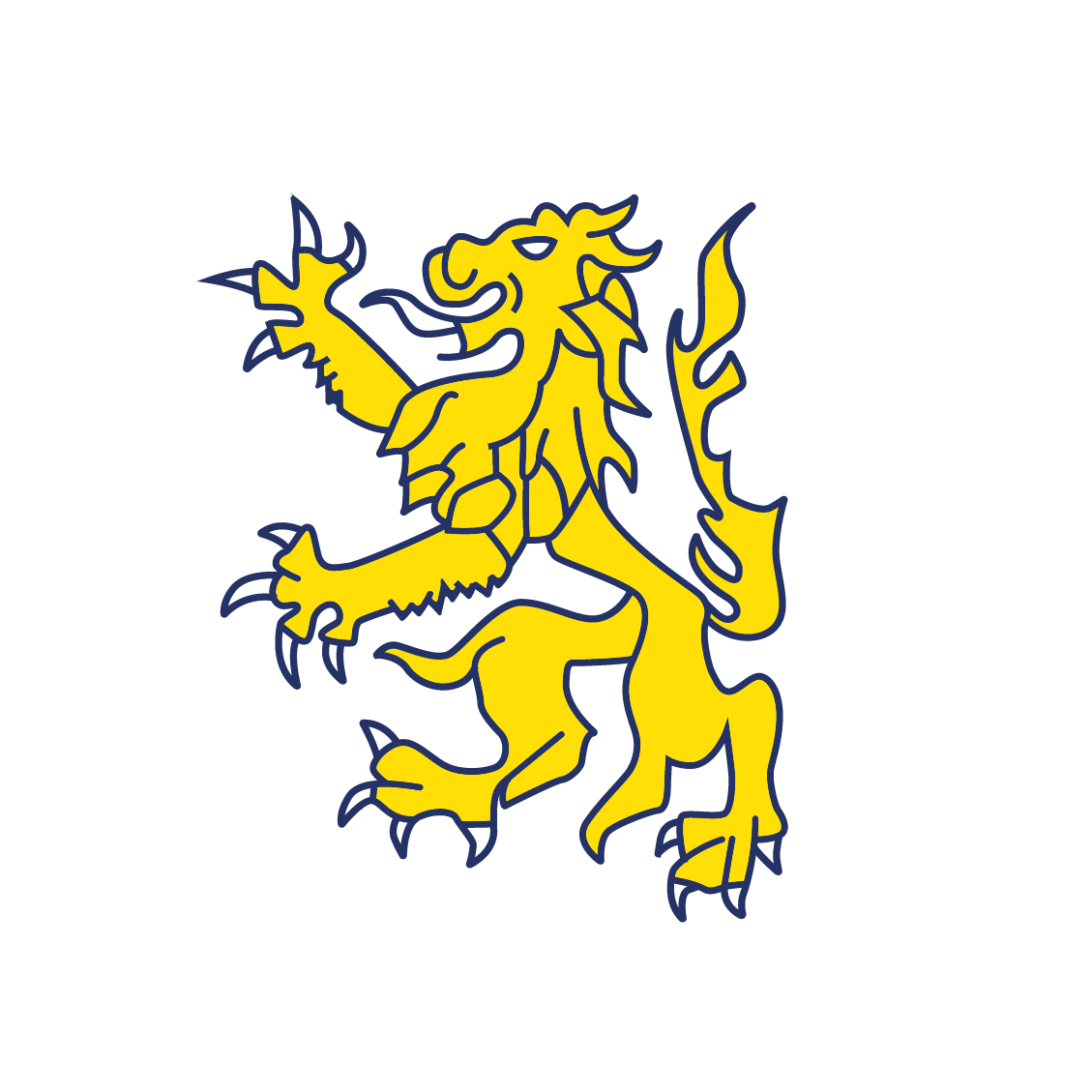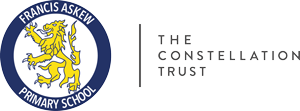
Science – curriculum information
Intent
The aim of our science curriculum at Francis Askew is to give pupils the knowledge and skills they need to live healthy and fulfilled lives, as well as create citizens who make positive contributions to the future of our planet and society. We teach science in a way that fosters curiosity and a lifelong love for the subject. We intend to give children opportunities for practical, hands-on experiences and knowledge to make sense of and revel in the natural world. We strive to deliver a high-quality science curriculum which allows our pupils to recognise the significance of science in their everyday lives. We explicitly teach pupils the skills and knowledge they need to become methodical, analytical and inquisitive scientists.
Our aim is to provide inclusive and aspirational learning experiences where pupils thrive and build the cultural capital they need to make ambitious choices about their own futures, overcoming any barriers. In science, this is promoted through collaborative and experiential learning opportunities, for example, linking science to real life contexts, allowing children wherever possible to have concrete experiences of the concepts beings taught. This includes enrichment such as trips to the science museum, visiting local STEM projects and inviting in guest speakers (scientists/engineers). These links with real life experiences enable children to gain relevant, concrete experiences in areas they might not ordinarily have the opportunity to encounter.
At Francis Askew we use the Snap Science scheme. Alongside this our subject leaders have carefully worked to create a Subject Progression Document where objectives for each year group are progressively mapped out towards clearly defined curriculum end points. Within the Subject Progression Document, our progressive objectives identify what pupils should know by the end of each year group and link to prior learning. These enable teachers to identify and plug gaps in pupils’ knowledge and skills.
Pupils will develop a deep understanding of key concepts as they move through our science curriculum. These key concepts have been carefully considered and identified as the core knowledge and skills required to successfully progress in science. Opportunities to revisit and develop these key concepts are planned out carefully as the children move through the school to ensure that they are firmly embedded within their long-term memory. These key concepts compliment work carried out across the school reinforcing our 6 broad curriculum drivers (see overall Curriculum Intent). The expectation is that, by the end of primary School, pupils will know and understand these key concepts to continue to build on their scientific knowledge as they enter KS3.
Key concepts:
Biology
- Organisms require a supply of energy and materials: Living things are special collections of matter that reproduce, use energy and grow. Food provides materials and energy for life and growth. Plants and bacteria use energy from the sun to generate food. Animals break down food and are ultimately dependant on green plants for energy. In any ecosystem there is competition for the energy and materials needed to live and reproduce.
- Genetic information: Genetic information is passed down from one generation of organisms to another. Genes determine the development and structure of organisms
- Evolution: The diversity of organisms is the result of evolution. Different kinds of life, animals, plans and microorganisms, have evolved into different forms best suited to the environments in which they live. Organisms not able to respond sufficiently to changes in their environment become extinct
Chemistry
- All matter (stuff) in the universe is made of tiny building blocks.
- Materials (properties and changes): The arrangement, movement and types of building blocks of matter, and the forces that hold them together/push them apart, explain all the properties of matter (eg: hot/cold, soft/hard, light/heavy etc…)
- States of matter: Matter can change if the arrangement of these building blocks change (eg: chemical reactions)
Physics
- The universe follows unbreakable rules that are all about forces, matter and energy
- Forces are different kinds of pushes and pulls that act on all the matter in the universe. Changing the movement of an object requires a force to be acting on it. Gravity is a universal force of attraction between all objects, however large or small
- Energy: There are many different forms of energy eg: light, sound, electricity, heat and wind. Energy can be transferred from one object to another and can cause changes. The total amount of energy in the universe is always the same but energy can be transformed when things change or are made to happen
Earth Science
- The earth in relation to the universe: The Earth is one of 8 planets orbiting the sun. Our solar system is a very small part of one of millions of galaxies in the universe.
- The earth spins on its axis: The Earth is tilted and spins on its axis leading to day and night, the seasons and climate
Enquiry strategies
As part of working scientifically which is embedded throughout all units, pupils will also learn to use a variety of enquiry strategies to answer scientific questions. Different questions lead to different types of enquiry and are not limited to fair testing. By the end of primary school, children will be able to use these enquiry strategies confidently and know that different strategies may be needed at different times.
- Observing over time: (observing or measuring how one variable changes over time)
- Identifying and classifying: (identifying and naming materials/living things and making observations or carrying out tests to organise them into groups.)
- Looking for patterns: (making observations or carrying out surveys of variables that cannot be easily controlled and looking for relationships between two sets of data)
- Comparative and fair testing: (observing or measuring the effect of changing one variable when controlling others)
- Answering questions using secondary sources of evidence: (answering questions using data or information that they have not collected first hand)
As well as this, pupils will learn about:
- Using models: (Developing or evaluating a model or analogy that represents a scientific idea, phenomenon or process)
Children will also develop their understanding of identified second order concepts through the science curriculum. These concepts branch across subjects, creating horizontal links across our whole curriculum. They aim to develop flexible knowledge and skills that children can apply to multiple curriculum areas. In science children will be develop their understanding of the following second order concepts:-
- Responsibility: (working safely, how science can solve problems, climate change and sustainability)
- Similarity and difference: (making comparisons, finding patterns, noting differences and drawing conclusions)
- Cause and consequence: (models and laws, reactions between materials, observing processes)
- Continuity and change: (observing what changes and what stays the same)
- Significance: (significant scientists, discoveries, laws, models and theories)
- Written and oral expression: (Using scientific terminology, evaluation, drawing conclusions, objectivity, explaining processes, describing and explaining patterns, presenting and interpreting data)
End points:
By the end of EYFS children will:
- Have explored the natural world around them, making observations and drawing pictures of animals and plants.
- Know some similarities and differences between themselves and others, places, objects, materials and living things.
- Be able to make simple observations of animals and plants.
- Understand how to make things move.
- Understand some important processes and changes in the natural world around them, including the seasons and changing states of matter.
By the end of KS1 children will:
- Know the basic fundamentals of the biology strand.
- Have explored animals, humans and changes within environments and began to develop simple scientific vocabulary linked to this.
- Have used different types of scientific enquiry to answer a range of questions.
- Be able to ask questions, discuss their findings and present the ideas in a variety of ways.
By the end of KS2 children will:
- Have an understanding of the key domains of knowledge and can use key concepts to make links between the domains
- Be able to ask questions and make observations about the world around them using scientific knowledge
- Be able to analyse data and articulate evidenced conclusions
- Be able to follow and design scientific enquiries
- Have an understanding of some of the major issues facing our planet and an appreciation of the importance of science to wider society
Implementation
At Francis Askew, our science curriculum is carefully mapped out into a long-term plan. This outlines when key concepts will be taught and revisited (in each Snap Science unit) and shows how these concepts progressively lead towards children achieving our identified curriculum end points. The long-term plan also enables links between subjects to be identified and carefully planned for to support children’s retention of knowledge and skills.
Short term planning for science is informed by the subject’s long-term plan, the Snap Science Units and Subject Progression Document. Lesson objectives are clear and sequenced so that outcomes are secure and meaningful. Units are organised into a spiral curriculum to ensure key concepts are revisited regularly as pupils move through the school. This ensures each unit builds effectively on prior learning and ensures connections are made between different units to help children know more and remember more. Science is taught weekly and outcomes are demonstrated in a variety of ways through, written work as well as photographic evidence.
All children will have access to the science curriculum with work being tailored appropriately for children with SEND – modifying end points so that they are appropriate but remain aspirational. Any child working below their age-related expectation, will receive a tailored curriculum with personalised objectives. This will enable all children to build the skills and knowledge needed to bridge the gap between themselves and their peers enabling them to reach their full potential.
The development of children’s oracy is also given a high profile and is promoted through the use of subject specific terminology and vocabulary needed to work as scientists. When discussing, debating and presenting new knowledge learned within our curriculum, children will be directed to specific and progressive vocabulary.
At Francis Askew, all Science lessons will follow the same teaching sequence outlined below:
- Revisit prior learning and indicate key concepts being taught
- Teach new concept – pupils are introduced to the new concept and new vocabulary is shared
- Develop understanding of knowledge – pupils listen and respond to develop their understanding of the scientific substantive knowledge
- Apply the knowledge – pupils use their knowledge, understanding and working scientifically skills
- Opportunity to check retention and understanding of knowledge – pupils explain or describe their understanding
- Provide further teaching to address pupil misconceptions or errors.
Impact
A wide range of strategies are used to measure the impact of our science curriculum. Our teaching sequences allow for regular low stakes assessments of how well children are retaining key knowledge and how well they can apply the knowledge and skills learned.
Formative assessments are carried out regularly by teachers during and after each lesson, which inform future planning. Where learning is not secure, additional learning takes place to address this. Additionally, summative assessments are carried out each term by using an internal assessment tool. As a result of these assessment tools, children’s misconceptions or gaps in subject knowledge and skills are addressed and additional teaching and support is provided.
Our subject leaders also monitor the effectiveness of the science curriculum through carrying out regular monitoring evaluations. These evaluations are quality assured by the Curriculum Lead, Senior Leadership and Governors.
The effectiveness of science is also monitored through pupil and parental voice throughout the course of the year.
